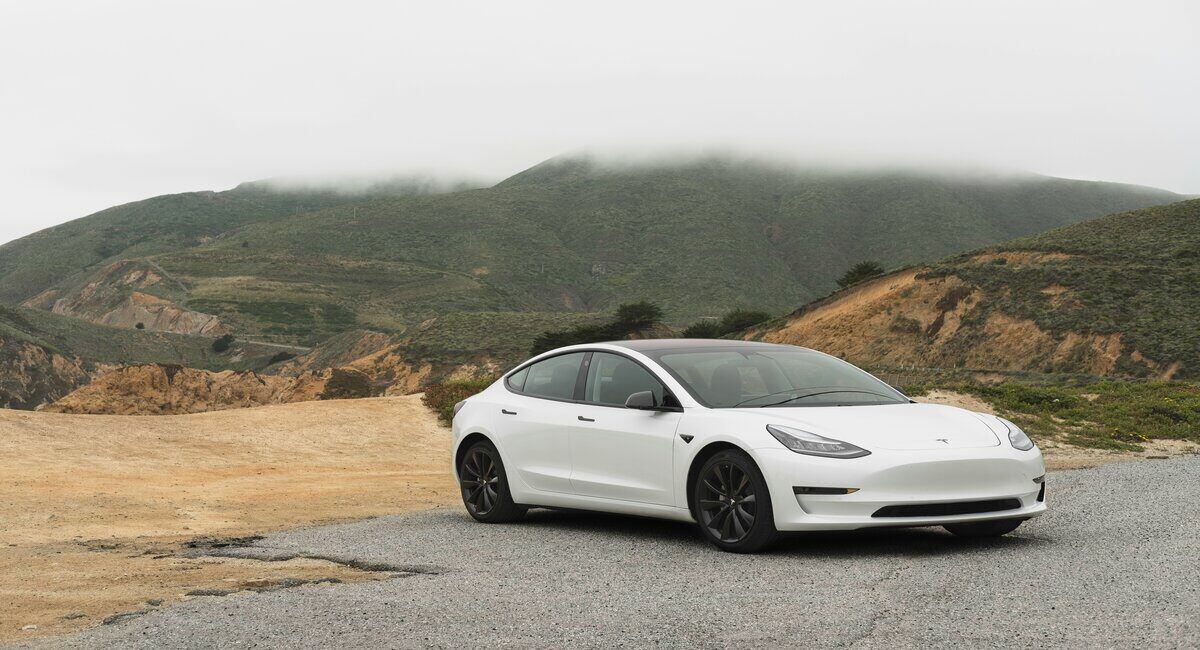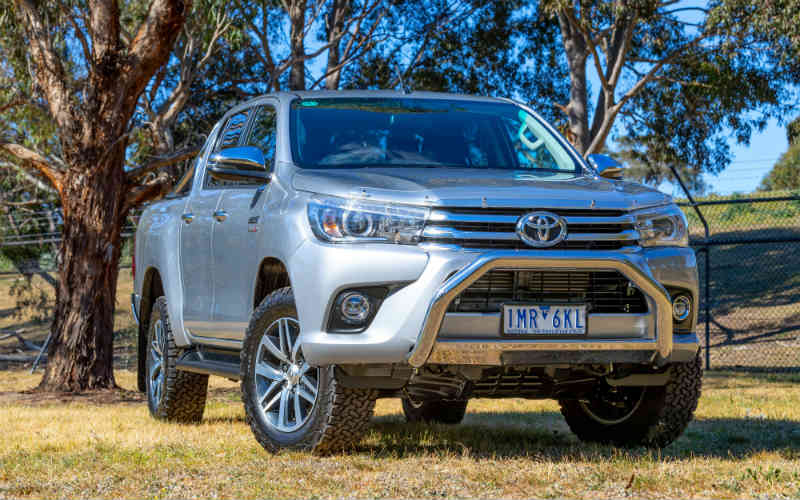A total of 81,994 new vehicles were sold during the month, which is a decrease of 7.4% from the same month last year.
This percentage fall represents 6,557 fewer vehicles sold.
| State/Territory | Jan-19 | Jan-18 | % difference |
| ACT | 1,298 | 1,561 | -16.8% |
| NSW | 26,643 | 28,995 | -8.1% |
| NT | 679 | 655 | +3.7% |
| QLD | 16,188 | 17,247 | -6.1% |
| SA | 5,049 | 5,314 | -5.0% |
| TAS | 1,312 | 1,418 | -7.5% |
| VIC | 23,854 | 25,961 | -8.1% |
| WA | 6,971 | 7,400 | -5.8% |
| Total | 81.994 | 88.551 | -7.4% |
Source: FCAI
FCAI chief executive Tony Weber listed a variety of reasons as to why sales were so flat last month, with falling consumer confidence the biggest factor.
“The current economic environment is a challenging one, with an imminent federal election, a declining real estate market and tighter lending practices,” Mr Weber said.
Recent data verifies Mr Weber’s claim:
- Core Logic data shows house prices in Sydney and Melbourne have declined by 9.68% and 8.29% year-on-year respectively, while the five biggest capital cities declined by an aggregate of 7.25%
- Seasonally-adjusted retail turnover fell 0.4% in December 2018, with every state except Western Australia spending less
While Australians are clearly being more conservative with their money, arguably the biggest factor in declining car sales has been the tightening of responsible lending standards in the wake of the Royal Commission.
Home loan lenders already became more restrictive in their examinations of customer spending habits, even before the release of the royal commission’s final report, going as far as to look into people’s spend on takeaway meals.
Auto lenders appear to have done the same.
During January, the top three brands were Toyota, leading the market with 19.5% market share and 15,961 sales, followed by Mazda in second place with 11.6% market share and 9,490 sales.
In third place was Mitsubishi with 8.1% market share and 6,669 sales.
Holden, who ceased car manufacturing in October 2017, is still in the top 10. It placed 7th with a total market share of 5.1%.
The SUV meanwhile was Australia’s most popular car, accounting for nearly 44% of total market sales.
Royal commission findings on car loans
Car lending wasn’t spared in Commissioner Kenneth Hayne’s final report, with three key findings listed:
- The removal of point of sale exemption
- Deferred sales model for add-on insurance, and
- A cap on commissions
The first point refers to car dealers being exempt from having to hold a credit license (ACL) due to ‘the application for credit being made at the point of sale, not at the lender’s premises.
The second recommendation means that selling insurance products may be untethered from the negotiations of buying a car, especially those products that serve no inherent purpose to customers.
The royal commission reported that in some cases car dealers were pocketing up to 79% of the premium from some add-on insurance products, driving sales of these products that aren’t in the customer’s best interests.
Finally, the third recommendation says that such commissions should be capped at a reduced level.
Josephine Little, analyst with Morgans stockbrokers, told the Australian Financial Review that these changes could adversely affect smaller lenders.
“Less sophisticated smaller operators would find it even more difficult to operate under the proposed new requirements,” Ms Little said.
“This would likely result in more consolidation in the automotive dealer industry which will benefit the bigger players”.
Flex commissions already scrapped prior to Royal Commission
In September 2017, the Australian Securities and Investments Commission (ASIC) announced a ban on ‘flex commissions’ – commissions paid by car finance companies based on how high they set the interest rate.
Higher interest rates generated higher commissions. Car loan lenders set caps on the interest rates they can offer most applicants based on their credit rating, but finance dealers could set interest rates from a much wider range.
ASIC said it was apparent that many finance companies were charging excessively
The ban on flex commissions came into effect in November
For feedback or queries, email will.jolly@savings.com.au



 Brooke Cooper
Brooke Cooper

 Harry O'Sullivan
Harry O'Sullivan
 Hanan Dervisevic
Hanan Dervisevic
 Emma Duffy
Emma Duffy

